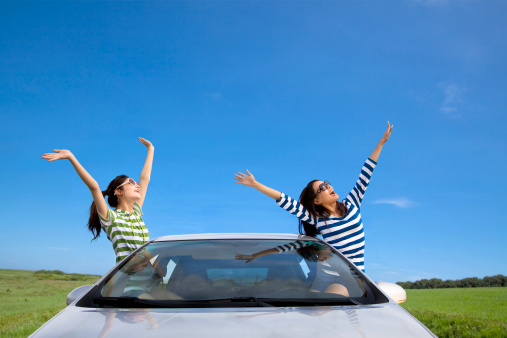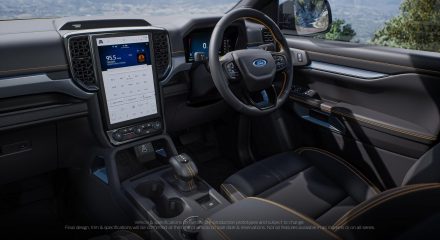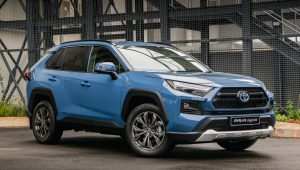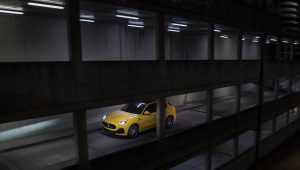Road trip reminders

 You may have packed your bikini, sunscreen and other holiday essentials but a road trip to our neighbouring countries requires a bit more than that. Luckily a South African driving licence is valid in all of them – and knowing the protocol will go a long way towards making sure your trip goes off without a hitch.
You may have packed your bikini, sunscreen and other holiday essentials but a road trip to our neighbouring countries requires a bit more than that. Luckily a South African driving licence is valid in all of them – and knowing the protocol will go a long way towards making sure your trip goes off without a hitch.
Do Your Paperwork
Your passport might get you across the border but it won’t do much for your car. At every border post you will be required to show a copy of your vehicle-registration papers. When driving someone else’s car, an authorisation letter from the owner and a copy of the registration document are required.
Cars that are still financed by the bank need an authorisation letter stating that you’re allowed to take the car to another country. Also, keep an additional copy or two of your registration papers on you or in your luggage as a safety measure, just in case the other one goes missing.
Before leaving, ask your insurance company whether your car will be covered even when not on South African soil. If not, then getting insurance is essential. Third-party insurance is compulsory in Zimbabwe and Mozambique but isn’t in Lesotho, Namibia and Swaziland. But it’s advisable to have insurance even in countries that don’t require it.
Know The Rules
The road rules in our neighbouring countries are similar to those in SA, including driving on the left-hand side of the road.
It’s vital to watch your speed. Many South Africans don’t follow the speed limit in other countries and get into trouble. Our neighbouring countries are very efficient in dealing with speeding offenders. Tourists are often asked to pay their fines on the spot. The officials may ask you to go to the police station to pay your fines without the matter going to court. Whether or not you were actually wrong is not up for debate because you will be leaving the country soon.
Being aware of your destination’s legal alcohol limit is also important. The limits vary in the different countries, with Lesotho having the highest limit at 0,1g of alcohol per 100 millilitres of blood. The blood-alcohol limit in South Africa is 0,05g.
Stay Alert
Most visitors are advised not to drive at night. This is mainly for safety reasons. Ask locals which areas are not safe to drive in. This will save you from making the typical tourist mistake of ending up on the wrong side of town. Livestock is also considered a big problem in a lot of these countries, so be extra vigilant, especially when driving in rural areas. And make sure you know where you’re going, since some of the resorts in Mozambique and Namibia are only accessible by 4×4.
Mozambique’s roadblocks and potholes are known to be tedious and often unpleasant. Keep a lookout for potholes – don’t drive too fast and avoid them at all costs. When it comes to foreign soldiers or traffic officials, don’t be confrontational. It’s better just to cooperate. And don’t hand over any of your important documents, including your driving licence, passport and registration papers. If they take these from you, they could then try to bribe you. Never offer to pay a bribe – this is almost always a sure way of landing in trouble. It’s ultimately up to you but paying bribes sets a standard, and people who come after you will be offered the same unsavoury deal.
Accessorise!
Black-and-white ZA stickers are required to get into any African country if your car is registered in SA. These are available from any AA store. Contact the AA on 011 799 1000 for information on any other stickers you may need if you are travelling with a trailer.







